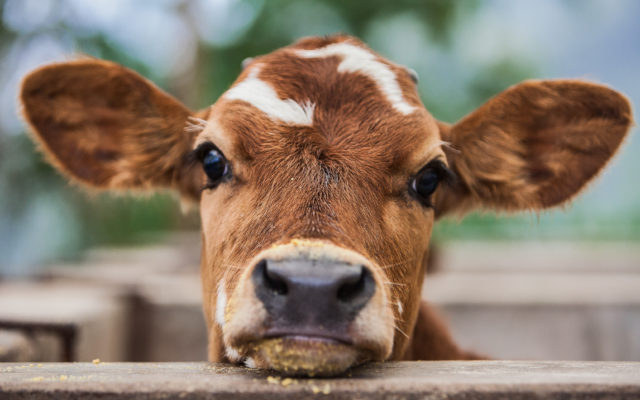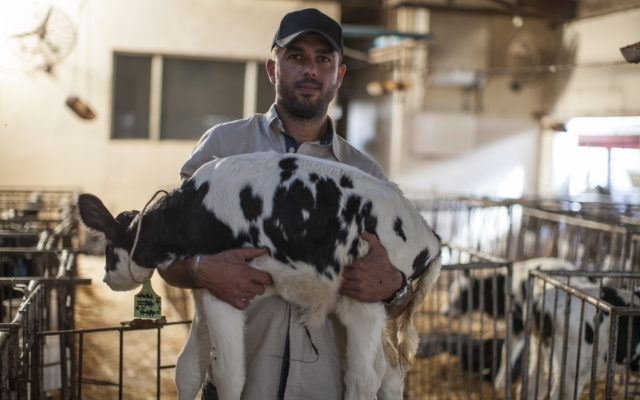Kids Don’t See Food When They Look at Farm Animals. Here’s What They Do See.

Maybe it’s no surprise: Children see eating meat as less morally acceptable than adults do.

But there’s more to it.
University of Exeter researchers have found that humans are not actually born with the mental processes used to justify eating meat.
Specifically, they have discovered he process by which people categorize certain animals as pets and others as food develops somewhere between 11-years-old and adulthood.
They also find that children (ages 9-11) are less likely to see a moral hierarchy between humans and animals and less likely to categorize farm animals as food.
Kids in the study also thought that animals, like pigs, should be treated better than adults did.
Lead study author Luke McGuire explains, “As with all social psychological processes, it is worth stepping back to consider where these attitudes and cognitions come from. Critically examining our relationship with animals ought to be a primary goal of tackling climate change and one that begins in childhood.”
He also added that his findings don’t indicate that adults do not care about animals at all. But children do show more concern for farm animals. It makes sense, after all the children’s books with “farm animal friends.”
In the future, McGuire says he would like to research how our perception of animals is shaped during adolescence.
Learn more, here: (EurekAlert!)

- A study finds that children are not born with the mental processes used to justify eating mean, and that when they’re ages 9 to 11, they’re less likely to see farm animals as food than adults are





